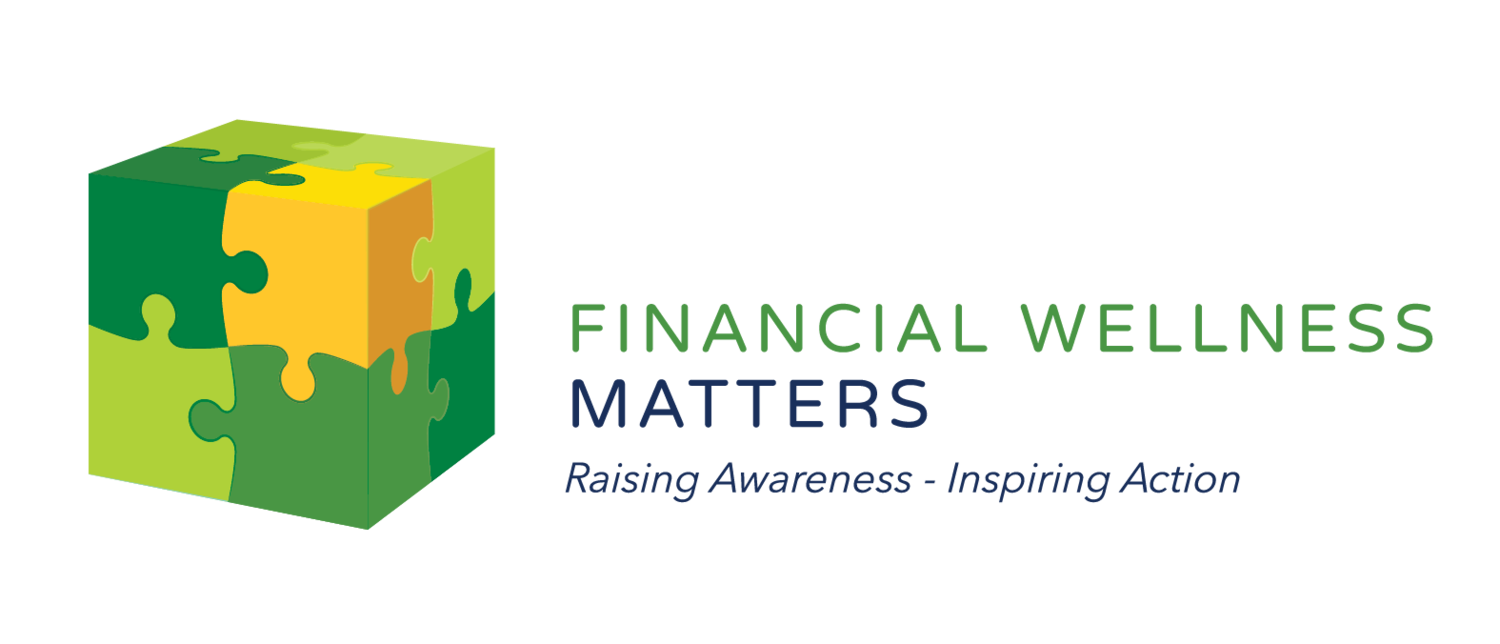Climbing Mt Everest one pedal at a time
- By Francis Rigby
Cycling has been my passion for the past 5-6years (don't worry, I’m one of the polite ones, keeping left, single file and keeping off busy/peak-hour congested roads). A recent experience brought to my attention how possible the unthinkable can be when you follow the correct steps.
Often our dreams, ambitions and goals can seem quite daunting on the surface. It’s only when you are a part of or witness something great (I’m talking about those ‘wow’ moments, the ones that make you think, ‘why would you? ‘ or ‘ I could never!’) , that you realise most things really are possible.
It all started back in late 2017 when a close friend of mine set out to push himself to the limit. He set a goal to climb Everest on a bike. This goal encountered a 16 hour journey with 8,848 meters of elevation. To put this into context for you, 63 times up and down Mt Coot-tha. For some of you, this may be one of those ‘why would you?’ moments… well, the answer to this is in step one.
Step One: Start with understanding your values and what matters to you (link back to your 'why').
His was to support a fantastic cause called Puka Up and spread awareness of how important it is to have conversations around mental and emotional wellbeing. When things get tough on your journey to achieve your desired goal, you can always anchor back to your why!
Step two: Be specific on how you will measure your progress (need to know if you are on track).
With such a lengthy journey, breaking this down into measurable and manageable amounts was vital. Being able to know that each lap of Mt Coot-tha was going to be approximately 140 metres of elevation, it was then easier to track and measure by number of laps not metres. It was not 8,848 metres but a mere 63 laps or one at a time (sounds so much better, right?).
Step Three: Set a realistic timeframe (when will you achieve your goal).
During training it was really important to time each lap to the second. This allowed the ability to see what the impact of fatigue would be in relation to how long this was going to take. The estimated time based on training was within minutes of the actual time. This was also important to know for many reasons, food and water intake just to name a few (I wont bore you with the nitty gritty cyclist lingo).
Step Four: Remember it's better not to do it alone (involving others will help keep you accountable and motivated).
The last step in this inspirational achievement was to involve those around you. This allows someone to keep you accountable, remind you of your why when it gets tough and celebrate with you when you succeed.
From the work environment to personal life, I have found success in keeping to these key steps. I hope you can also find value in these simple steps to help you achieve your goals.
